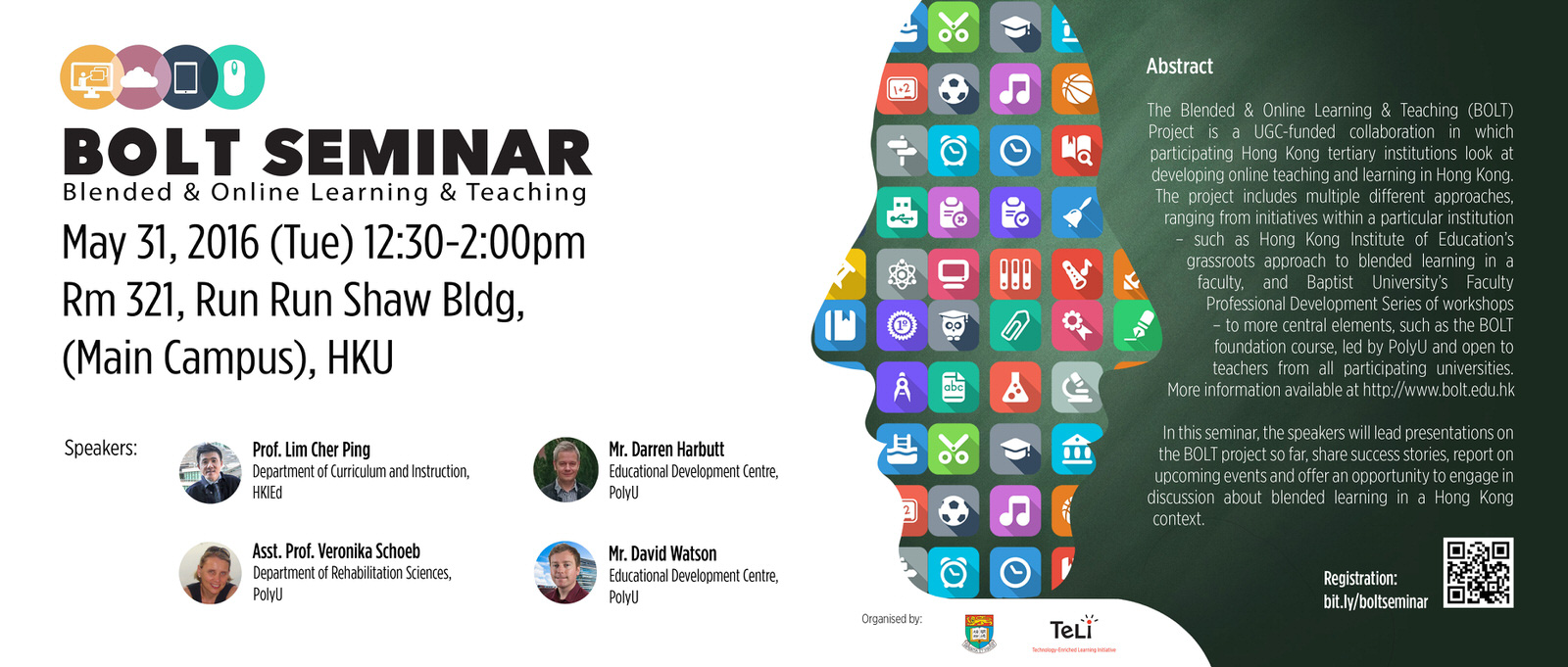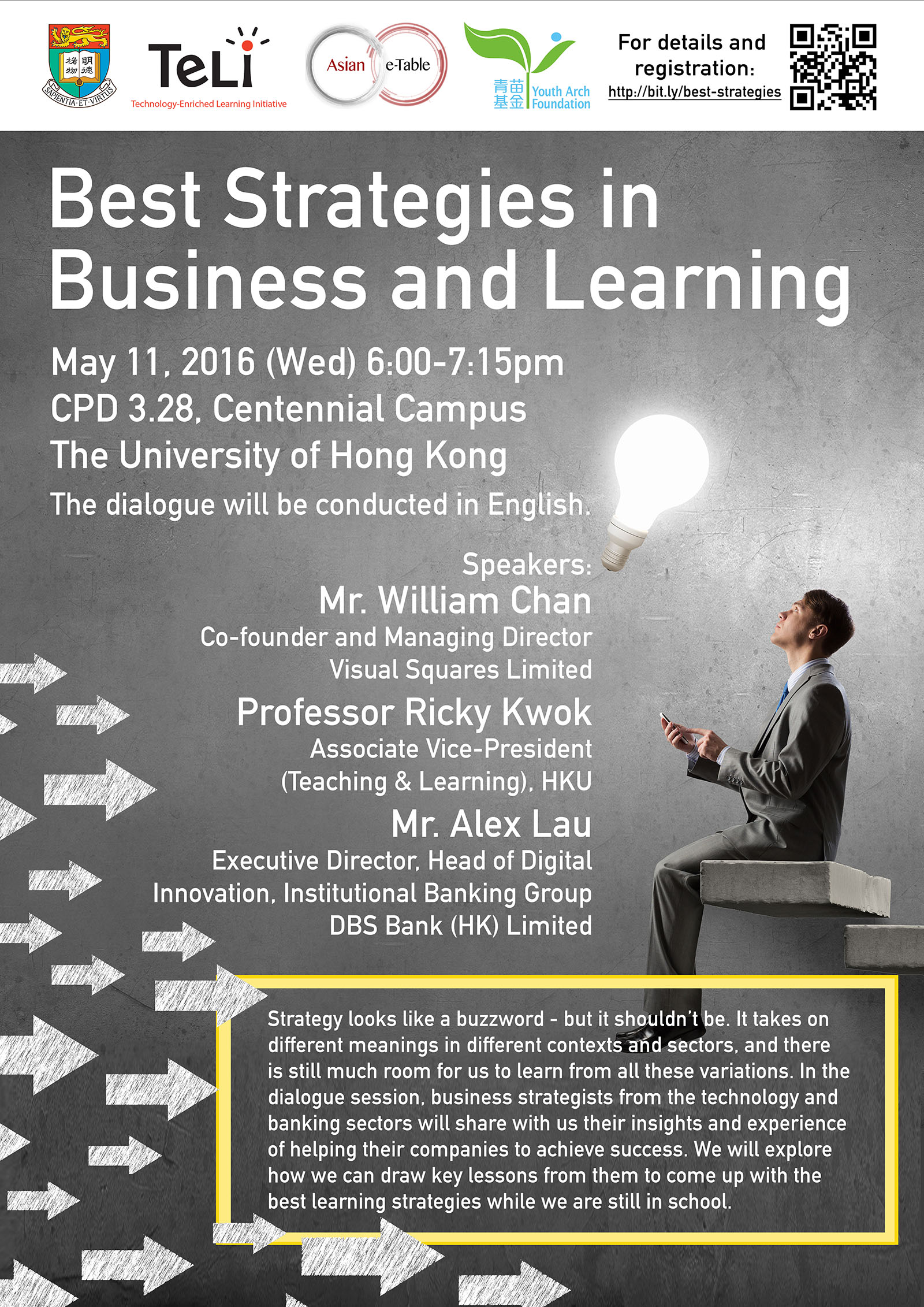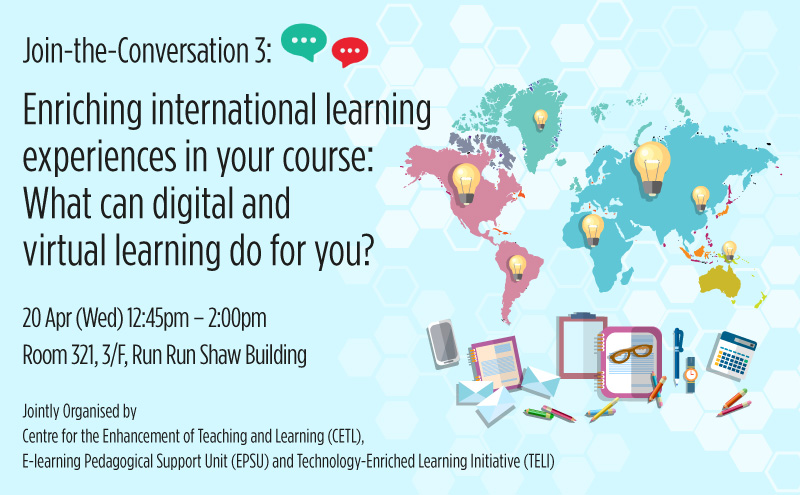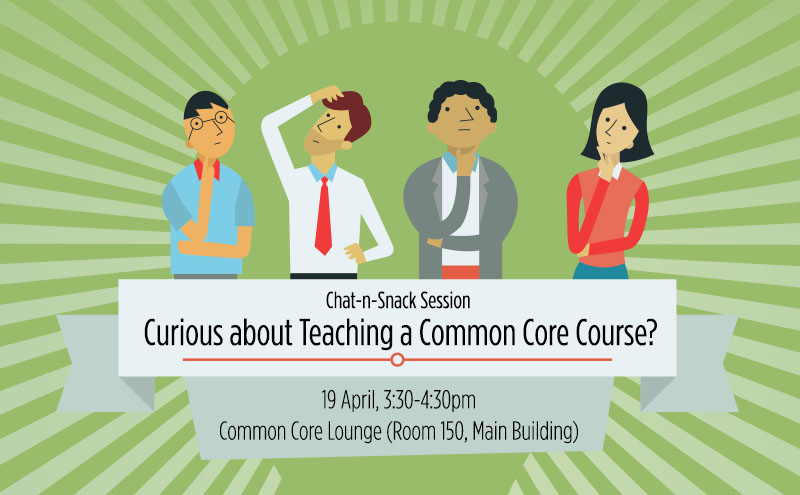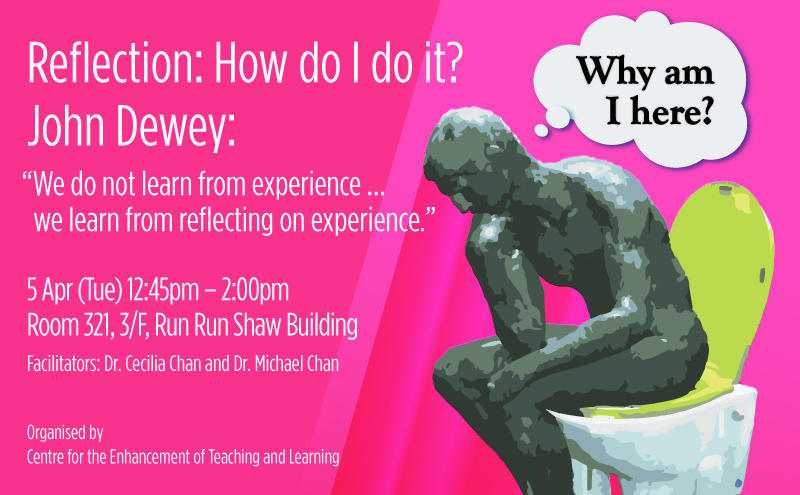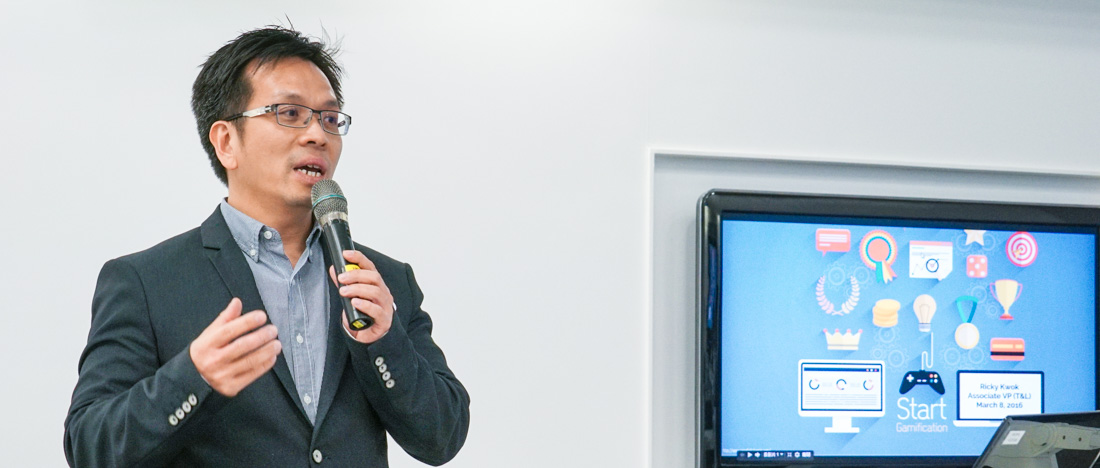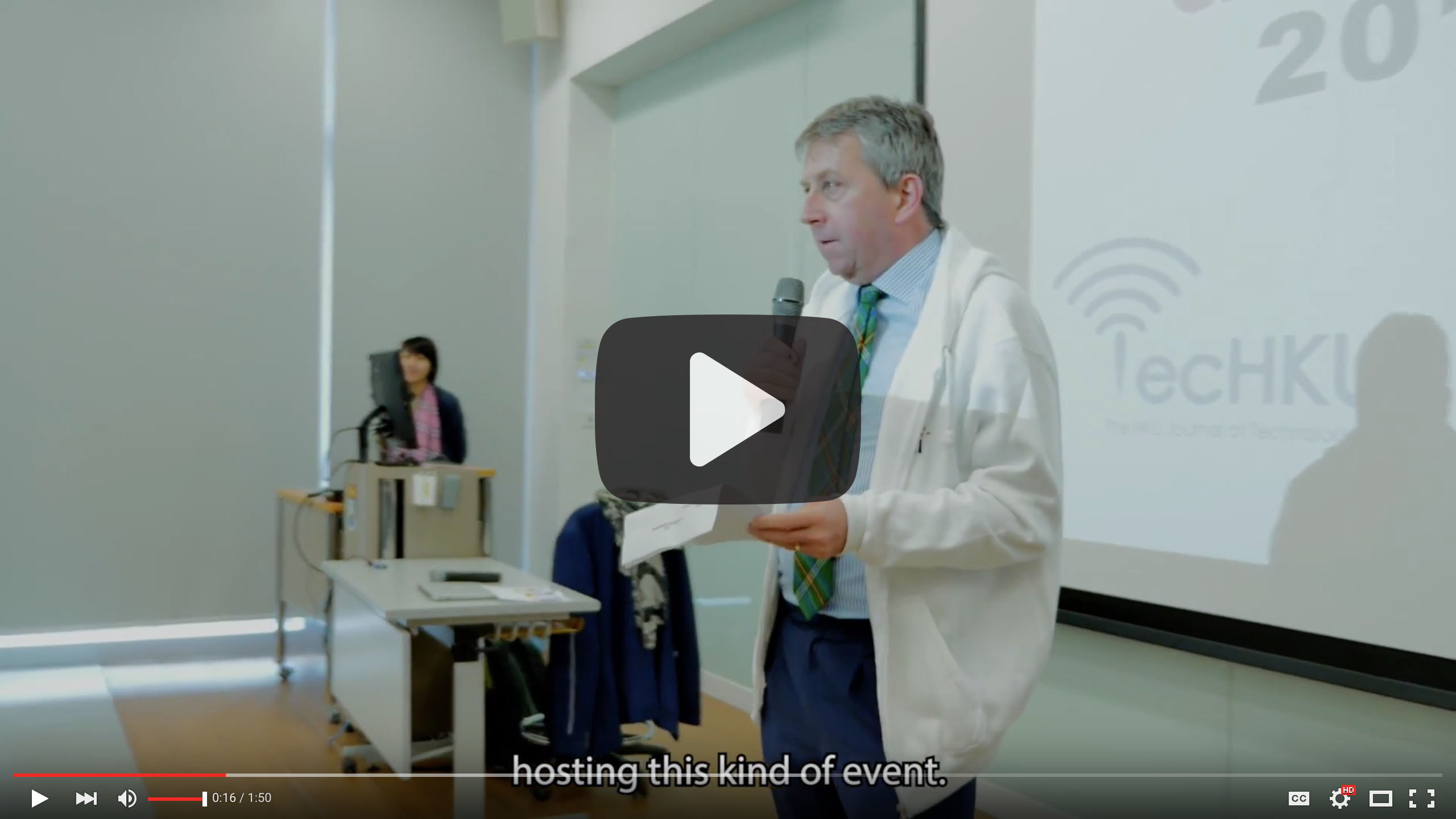
Time : 12:45pm – 2:00pm
Venue : Room 321, 3/F, Run Run Shaw Building (Main Campus), HKU
Speakers : Dr. Lap Ki Chan
Assistant Dean (Pedagogy), Li Ka Shing Faculty of Medicine
Associate Professor, School of Biomedical Sciences
Panelists :
Dr. Charlene C. Ho, School of Biomedical Sciences
Dr. Fraide A. Ganotice, Jr., Bau Institute of Medical and Health Sciences Education
Dr. Veronica Lam, School of Nursing
Dr. Law Ming Fai, Department of Social Work and Social Administration
Dr. Gordon Wong, Department of Anaesthesiology
About the seminar:
Interprofessional team-based learning (IPTBL) is an innovative teaching initiative which aims at promoting active learning and collaborations across disciplines. The students work in teams and learn how the various medical specialities resolve clinical cases together. IPTBL gives students from various disciplines an opportunity to develop friendship and work with pre-professionals of other expertise before they practice in the “real world”.
In this seminar, Dr. Lap Ki Chan, the Principal Investigator of a UGC-funded project on IPTBL, will share with you the key features of this new pedagogy, as well as his pioneering experience in implementing IPTBL with 500+ students from HKU and PolyU across 7 different programmes related to medical health care.
Learn more about IPTBL here.
About Dr. Lap Ki Chan:
Dr. Lap Ki Chan, M.B.B.S. (HK), F.H.K.A.M., F.H.K.C.O.S. (Orthopedics), F.R.C.S. (Edinburgh), Ph.D. (Duke), is an associate professor in the School of Biomedical Sciences, the Deputy Director of Bau Institute of Medical and Health Sciences Education, and an Assistant Dean (Pedagogy) at the Li Ka Shing Faculty of Medicine, The University of Hong Kong. He has a background in orthopedics and physical anthropology and teaches gross anatomy to medical and other health professional students and is the coordinator of the Education Division of Anatomy in the School of Biomedical Sciences. His teaching excellence has been recognized by such awards as the Outstanding Teaching Award from The University of Hong Kong. He is the educator in the Asia Pacific region for the AO Foundation (Arbeitsgemeinschaft für Osteosynthesefragen). He serves as an associate editor for Anatomical Sciences Education and has co-edited the book “Teaching Anatomy – A Practical Guide” (Springer). His research interests include innovative pedagogies in anatomy education, teacher training, and interprofessional education.
For enquiries, please contact Miss Cherry Lai by email cherry.lai@hku.hk.


